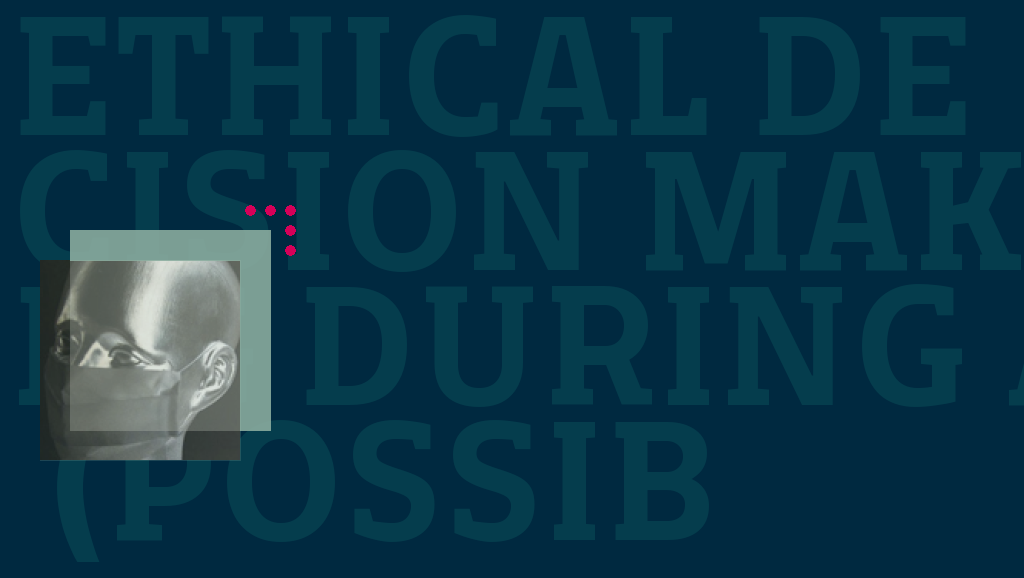As a first introduction to the complex problems of bio-ethics and scenario planning I would like to signpost an article published in the bioethics forum of an interesting website run by The Hastings Centre, a non partisan research centre dedicated to bioethics and public interest issues that I will take a more in-depth look at over the coming weeks. The article is entitled “When Endemic Disparities Catch the Pandemic Flu: Echoes of Kubler-Ross and Rawls” and written by Joseph J. Fins, Professor of Medicine and Public Health and Chief of the Division of Medical Ethics at Weill Cornell Medical College and a Fellow of The Hastings Center.
The article recounts the author’s experiences as a participant in panels considering the clinical and ethical challenges posed by pandemic flu, addresses the problems presented by a possible pandemic, and makes interesting reading in the light of the current problems in Mexico and the USA with swine flu. Several different scenarios are addressed, with different strains of flu provoking different levels of hospital entry and resource consumption. The author poses the question of how to distribute limited resources amongst the population in times of acute crisis, using data about the number of ventilating machines that are currently available in the different districts of the city of New York.
In a nutshell the problem is this, when the crisis reaches its peak there may not be enough machines for the number of people that require them, so how can a decision be made as to whom to give the machines to? Any prioritizing has potentially devastating consequences for post virus social life, not to mention an individual’s survival, as some people will not receive adequate treatment and as a consequence may die. If for example priority is given to medical staff with the aim of maintaining an adequate health care system, other people, including children, may not receive the ventilator they need.
The document also contains a draft for public comment that makes for harrowing reading in parts. The draft takes the problem of bird flu as its case study as this was seen as the main threat at the time of publishing, although other types of influenza viruses are mentioned and discussed. It concludes that machines must be distributed upon the basis of clinical evaluation, but describes how the removal of one machine from a patient to allocate to another on the basis of this evaluation would cause ethical and emotional problems not only to the family involved, but also to the medical personnel that have to take the decision and physically carry out the action.
The article also contains a link to another piece posted on the same website entitled “Planning for an Influenza Pandemic: Social Justice and Disadvantaged Groups”, written by Lori Uscher-Pines, Patrick S. Duggan, Joshua P. Garoon, Ruth A. Karron, and Ruth R. Faden. This article presents an analysis of different governments’ pandemic influenza emergency planning, argues that an influenza pandemic “would create the most serious hardships for those who already face most serious hardships”, and that people living in developing countries or in poor conditions in developed countries are much more likely to suffer and die than others, but that little is being done to address this fact.
These arguments are not new to the foundation website as a call for comments published in January of 2005 shows. The issue here is a call by Daniel Callahan (Director and founder of the Hastings Centre) for “sustainable medicine” in order to offer affordable health care to all. The call for comments was followed by Callahan’s visit to Milan, a paper delivered at the Catholic University of Milan in which he argues the need for a change in medical research philosophy, and a seminar conducted in the Bassetti Foundation conference suite in February of 2005.
















